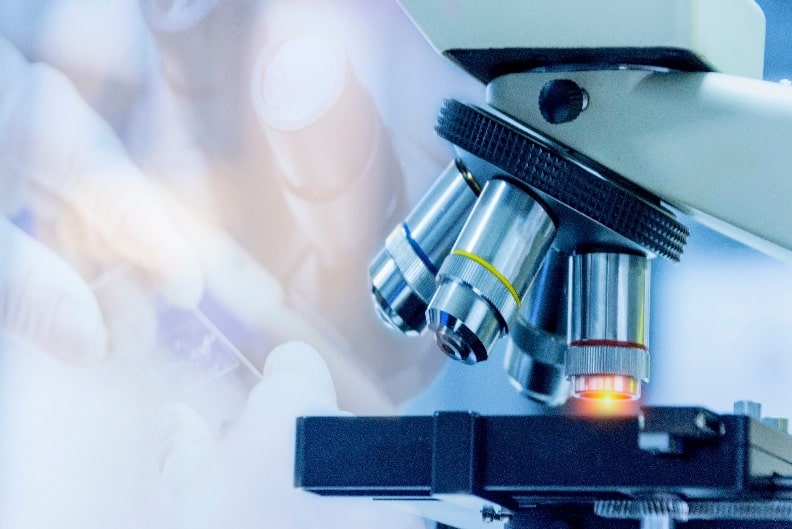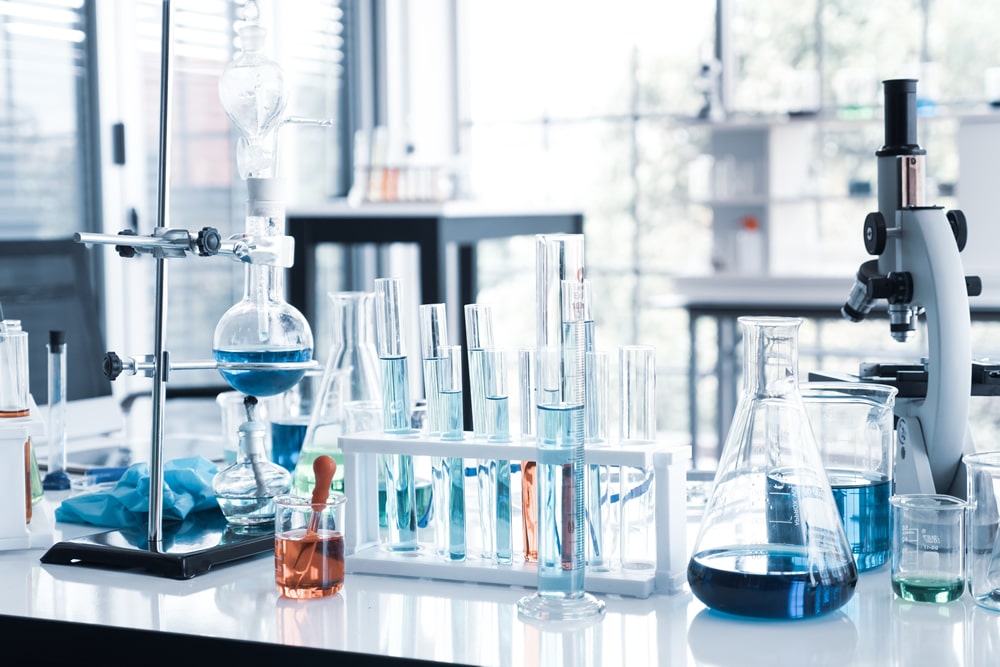Good Laboratory Practice (GLP)

Good Laboratory Practice: Ensuring Integrity in Safety Research
Good Laboratory Practice (GLP) is a globally recognized quality system that ensures the consistency, reliability and integrity of non-clinical laboratory work supporting product safety assessments. It plays a critical role in protecting public health and environmental safety by providing a basis for confidence in the data used in risk assessments.
GLP in the Developing World
The continuous emergence and development of new chemicals, devices and substances underlines the growing demand for rigorous safety testing. The data from these tests must be of the highest quality to balance potential benefits against potential risks and, most importantly, to maintain public support. GLP is the cornerstone of this process, promoting data integrity, reproducibility and transparency in research.
Rise of the Global GLP
The first changes in national Good Laboratory Practice (GLP) requirements revealed the need for international harmonization. The Organization for Economic Cooperation and Development (OECD) took the lead by establishing a common framework for GLP principles. This promotes efficient collaboration, mutual data acceptance and ensures that GLP standards remain adaptable to evolving technologies and testing requirements.
The Role of the OECD in the Harmonization of GLP Standards
While individual countries maintain national GLP guidelines, the Organization for Economic Cooperation and Development (OECD) sets the internationally accepted standard with the GLP Principles. Developed by international consensus, the OECD Principles promote the following elements:
Mutual Acceptance of Data (MAD): Facilitates chemical safety assessments and reduces trade barriers.
Global Cooperation: Provides a basis for international cooperation in security research.
The Importance of Data Integrity and the Economic Impact of GLP
The foundation of GLP is data integrity. Reliable data allows for sound safety assessments and is essential for international cooperation. As the OECD emphasizes, "If individual countries can rely on test data developed in other countries, duplicate testing can be avoided, saving time and resources... [GLP] further enhances the protection of human health and the environment." Therefore, the GLP plays a vital role not only in safeguarding public welfare but also in promoting economic growth among OECD member countries.
Scope of the OECD GLP Principles
The OECD's GLP Principles generally apply to the following areas:
- Regulatory Studies: All non-clinical health and environmental safety studies required for product registration fall within the scope of GLP.
- Test Items: GLP principles relate to the safety assessment of pharmaceuticals, pesticides, food additives, cosmetics, veterinary drugs, industrial chemicals and medical/medical devices.
- Test Environments: Studies can be conducted in a variety of environments, including laboratories, greenhouses and field settings.
Nanolab: Your Global Compliance Partner
GLP, MAD and TÜRKAK AccreditationOur commitment to GLP principles is your key to global markets. Our GLP facilities are accredited by TÜRKAK, the only accreditation body in Turkey operating according to OECD principles. This ensures that the comprehensive test data produced at our facilities is internationally recognized. Thanks to the OECD's Mutual Acceptance of Data (MAD) system, you can be confident that our results will pave the way to smooth product approvals worldwide, eliminating unnecessary testing and saving time and resources.
Nanolab GLP Facilities: Your Gateway to Global Compliance
Our Istanbul headquarters provides a wide range of testing capabilities in physical, chemical and in vitro laboratories. For advanced research needs, our Edirne branch is home to a dedicated in vivo animal experimentation center that ensures the highest standards of ethical and GLP-compliant animal studies.

